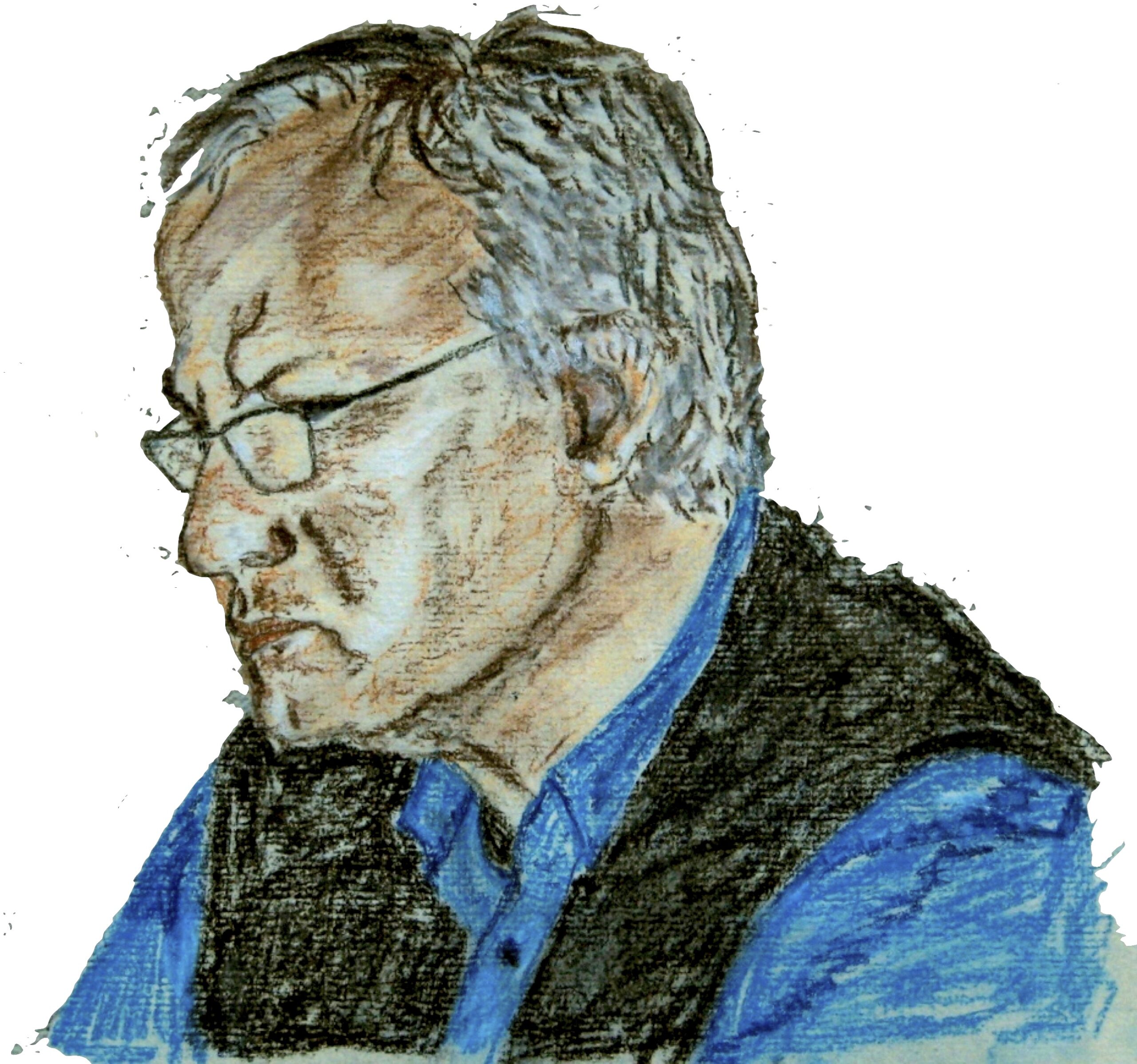
University of Warwick | mathematics institute | SBIDER
David Rand
David Rand is Professor of Mathematics and a member of Warwick's Zeeman Institute for Systems Biology and Infectious Disease Epidemiology (SBIDER). Until August 2005 he was Chair of Warwick's Mathematics Institute, from 2005 to 2010 he held an EPSRC Senior Research Fellowship and from 2005 to 2016 he directed the Warwick Systems Biology Centre (WSB).
Currently, Rand's main research interest is Systems Biology, particularly understanding the design and operating principles of regulatory, signalling and developmental systems and developing new mathematical and statistical tools and approaches in order to do this. He also still publishes in Dynamical Systems.

News
Recent papers and preprints
New Paper. Dynamic Landscape Analysis of Cell Fate Decisions: Predictive Models of Neural Development From Single-Cell Data on dynamic landscape analysis (DLA), a framework that applies dynamical systems theory to identify stable cell states, map transition pathways, and generate a predictive cell fate decision landscape from single-cell data and demonstrates this by applying it to vertebrate neural tube development. Details: see Publications page.
New paper on how behaviour of bifurcations on the boundary of parameter space imply the existence of non-trivial bifurcations in the interior of parameter space. Details: see Publications page.
Three papers on developmental biology.
On using dynamical systems and approximate Bayesian computation to validate two new landscape dynamic archetypes underlying early cell differentiation in the vertebrate neural tube (Cell Systems 12:1–17 https://doi.org/10.1016/j.cels.2021.08.013). Details: see Publications page
On formulating and fitting landscape models to quantitative data to model the well-studied process of vulval development in the C. elegans worm (PLoS computational biology, 17(6), p.e1009034). Details: see Publications page
On enumerating all 3-way cellular decisions realisable by tuning at most two morphogens (parameters) and the utility of Morse-Smale systems and catastrophe theory in understanding Waddington landscapes (PNAS 118:38:e2109729118 https://doi.org/10.1073/pnas.2109729118). Details: see Publications page
Circadian clock & cancer.
Paper on an algorithm to determine the state of an individual's circadian clock from a single tissue sample and using this to demonstrate a link between good clock functionality and survival in a breast cancer trial. Details: see Publications page
Research Projects
New BBSRC research grant joint with James Briscoe and Marine Fontaine: Finding dynamical landscapes for cell fate decisions from single-cell data. 2025-29.
TimeTeller Project.
Congratulation to Vadim Vasilyev on submitting his PhD thesis.
A new preprint on using TimeTeller to analyse breast cancer data. It will show that for overall survival and metastasis free survival the 77% of patients with the functionality metric Θ < 0.36 the survival rate is increases significantly with increasing Θ. Details: see Publications page
R version of TimeTeller available. An R version of our algorith TimeTeller is available from GitHub. This was written by Vadim Vasilyev. Link here.
New EPSRC research grant joint with Marine Fontaine: Dynamical landscapes of cell fate decisions 1 April 2025 - 31 March 2028 (PI Rand, Researcher co-lead: Dr Marine Fontaine)